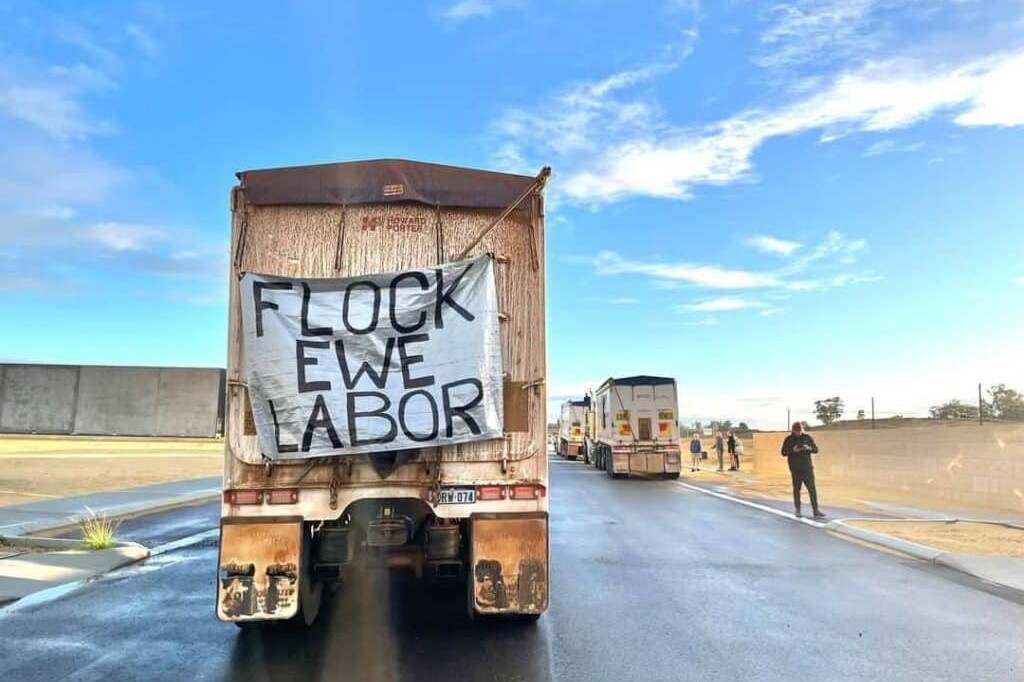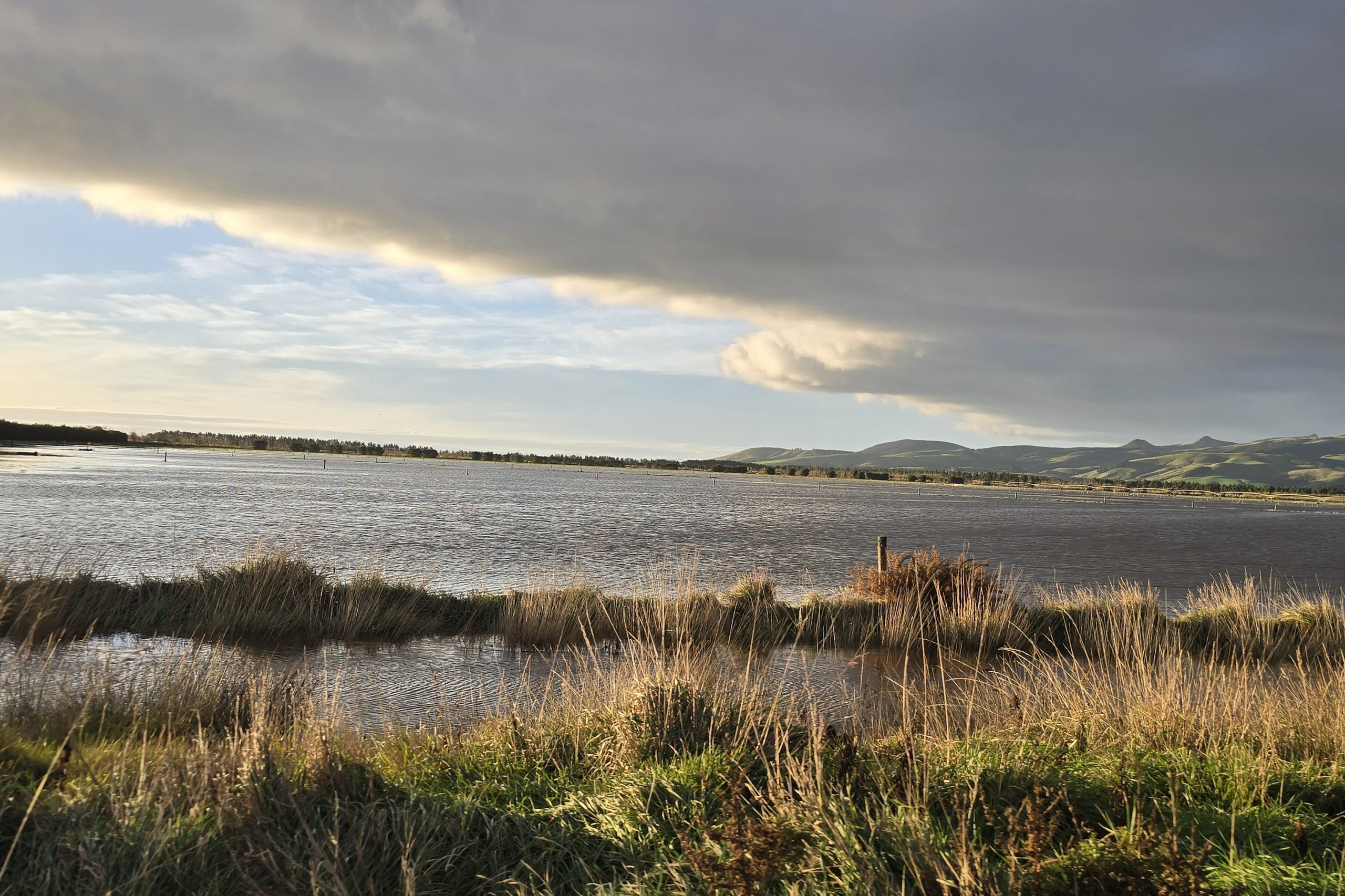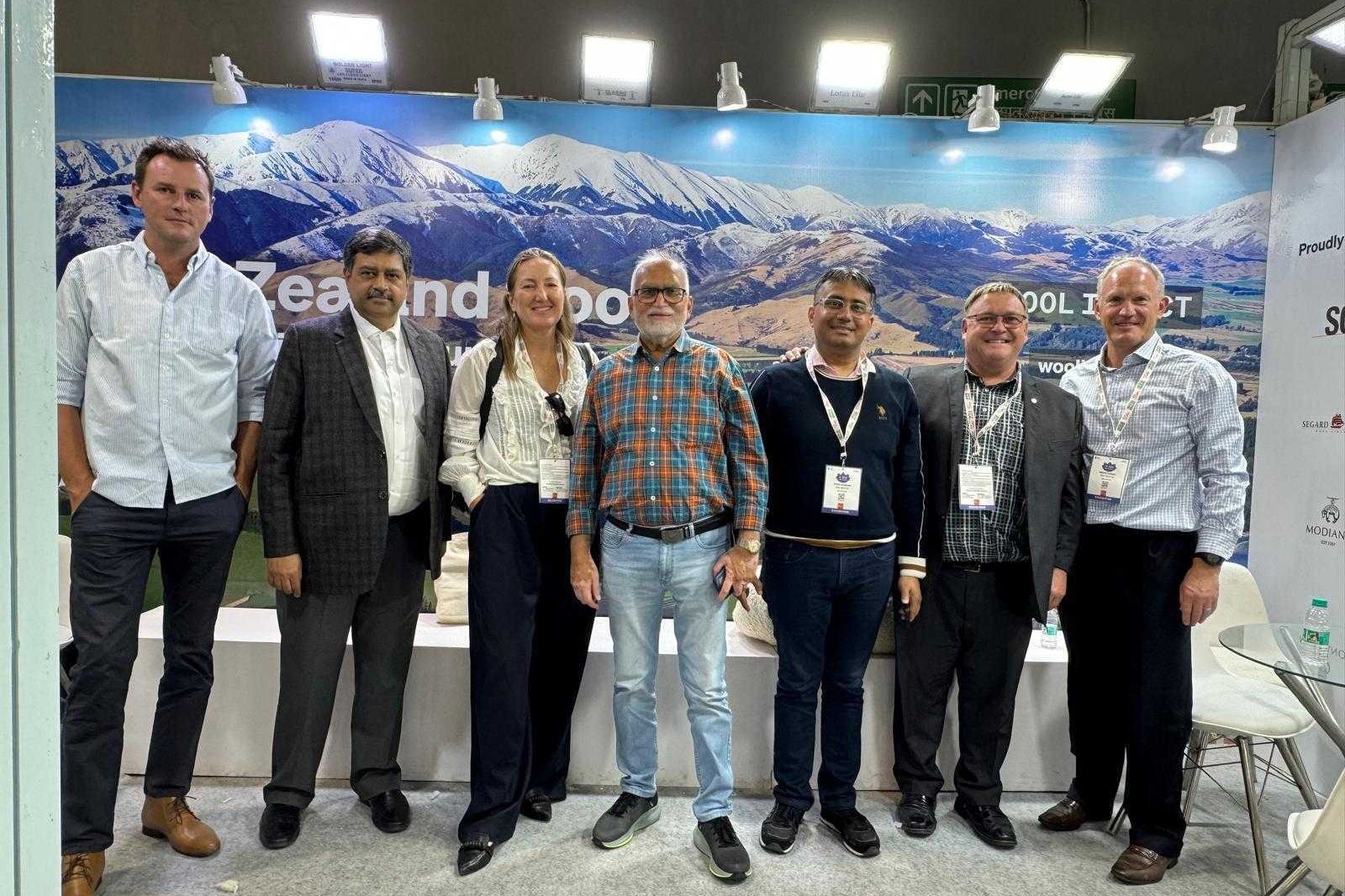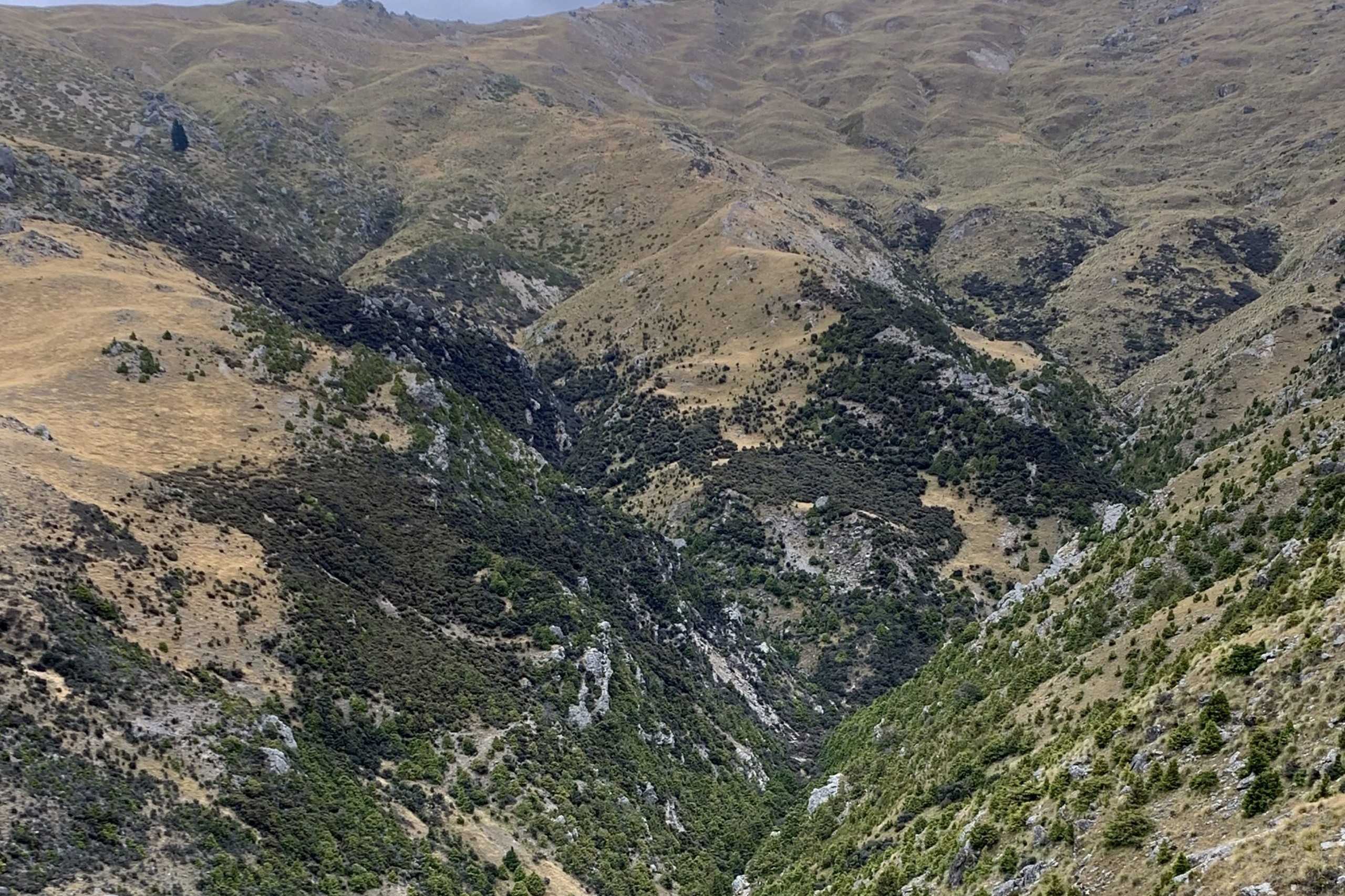Falcons here. Is famine far behind?
With the world grain market in turmoil, South Canterbury farmer Andrew Steven contemplates the big picture of feast and famine.
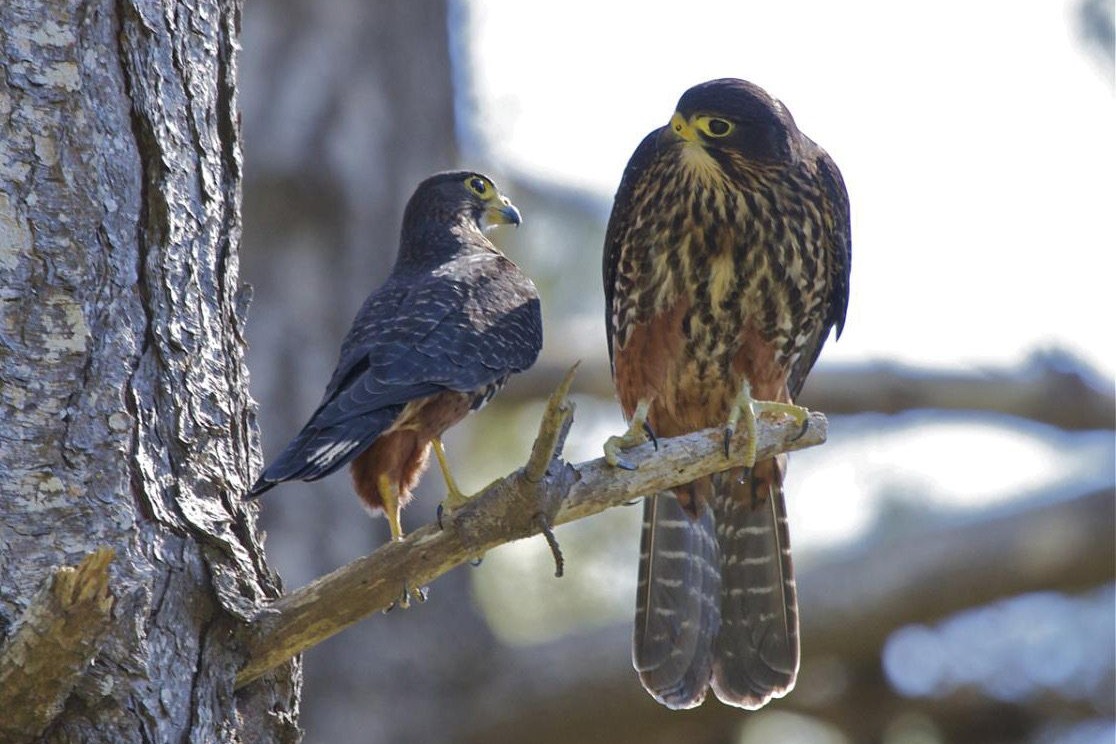
With the world grain market in turmoil, South Canterbury farmer Andrew Steven contemplates the big picture of feast and famine.
 EARLY OCTOBER AND WE ARE STILL struggling to get ahead of the work. We are yet to put a seed in the ground and tailing is behind, to the extent that the bigger lambs are not being tailed. If I were to never tail another lamb in my life, I wouldn’t miss it.
EARLY OCTOBER AND WE ARE STILL struggling to get ahead of the work. We are yet to put a seed in the ground and tailing is behind, to the extent that the bigger lambs are not being tailed. If I were to never tail another lamb in my life, I wouldn’t miss it.
Looking back at world events in the autumn and how they might impact on grain price, I contemplated growing milling wheat. I looked at the likely returns and allowed for increasing costs and risk, and couldn’t be bothered. Without going to the extent of doing a gross margin, it appeared that we could be worse off, despite wheat’s increasing price.
It got me thinking about some of the bigger picture things. The only mechanism we have for ensuring adequate supplies of food is the market. We are getting a price signal to produce more, but we are not responding to it. What if every farmer in the world made the same decision? A paradoxical market failure. Then I read an article that essentially made the same point. The author was George Monbiot. For readers who flip out at the mention of his name, I do hesitate to quote him as his share value in the rural scene is not high. However, he does have worldwide influence and some interesting ideas (and blindspots).
I like the old Bible story about Joseph in Egypt who found favour with the pharaoh and insisted (on God’s instruction) that grain must be stored up as there was a famine coming. Nowadays we have modern gods, traders in grain futures markets, who have a large role in setting world grain prices.
I have been agonising over fertiliser and looking at products and rates that will do the job, and thinking, what can I get away with? What will make the spend go further? The costs have become a bit frightening and I have a natural antipathy towards spending too much. Money being much easier to spend than to make.
We are rearing a few calves again this season and an aspect of calf rearing that I enjoy is picking up the calves and meeting the dairy farmers and the super women who run the calf sheds. They are doing a huge job, very conscientious, and they look exhausted. They have families of their own to look after as well. I feel like telling them to keep up the good work, because, while a large chunk of New Zealand is prejudiced against dairy farmers/ farming, it is their efforts that are paying the bills for NZ.
A good news story. Our neighbours have had a pair of falcons take up residence around their farm yard and they are giving the local bird population a good curry up. Mostly falcons stick to the back country, so to have them resident so close to Timaru is pleasing. Much more pleasing than the wallabies that have also taken up residence.
Finally, we’re involved with organising the national conference for the Farm Forestry Association (NZFFA). We pulled the pin on it for 2022 because of Covid, but it will be happening in South Canterbury in 2023. There will be a visit to our farm necessitating a frantic tidy up. Check the NZFFA website for conference details.

